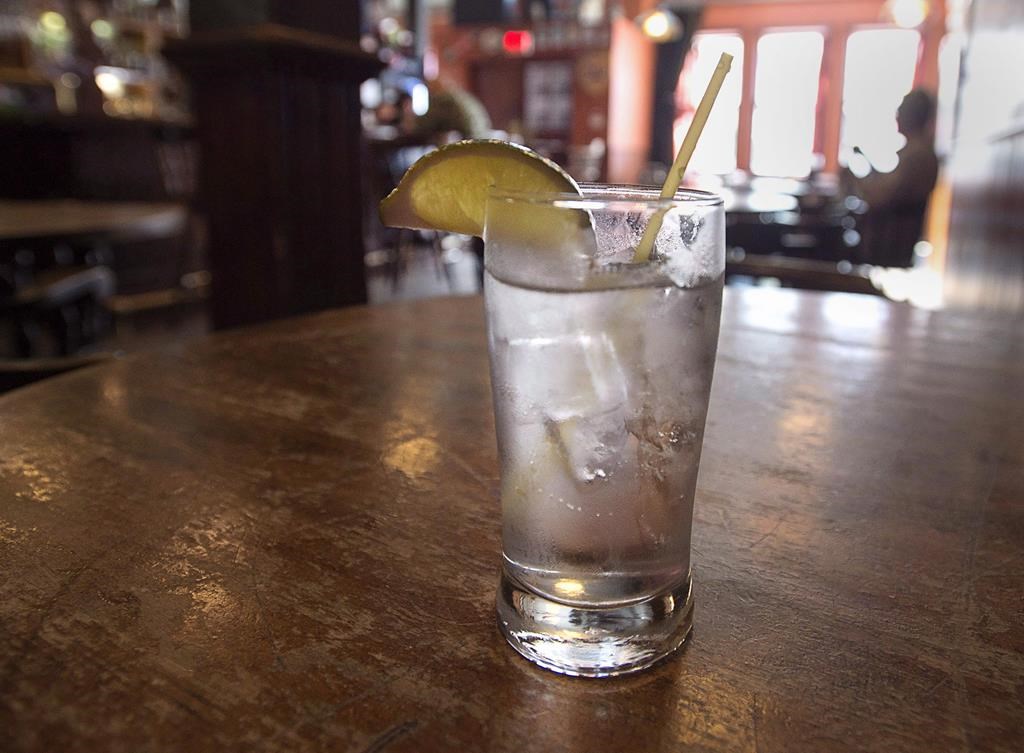TORONTO — New guidance for drinking alcohol could speed up changing consumer drinking habits as younger generations drink less and non-alcoholic beverages become more popular, advocates and business owners in the beverage industry say.
A report released earlier this month by the Canadian Centre on Substance Use and Addiction, funded by Health Canada, stirred widespread attention with guidance that consuming more than two drinks per week constituted a moderate health risk due to evidence linking alcohol to cancer — a significant change from previous guidelines in 2011 that said men could have up to 15 drinks per week with low risk, and women up to 10.
But the new guidelines aren’t a nail in the coffin for the beverage industry, businesses say — though they may hasten the shift in consumer habits that were already underway.
“I mean, the study really just reports what is obvious, which is there’s a risk to drinking,” said Nick Kennedy, owner of Civil Liberties, a cocktail bar in Toronto.
“I think it’s good that we’re taking a sober look at drinking culture,” he said.
In recent years, customers have been looking to drink less and explore more non-alcoholic options, Kennedy said.
In the past five years, Civil Liberties has expanded its non-alcoholic offerings due to customer demands and a growing number of ingredient options, said Kennedy.
Having these options means the bar can serve a wider variety of customers, he said, and as the taboos around not drinking soften, more people are asking for no- or low-alcohol drinks.
Kennedy doesn’t think drinking will ever go away because it’s so ingrained in social culture, but he does think attitudes toward alcohol will continue to shift and businesses need to adapt.
Spirits Canada CEO and president Jan Westcott said customer habits around drinking are changing. It’s a challenge for the beverage industry, he said, but he thinks that could be positive for the industry as it will force businesses to think a little differently.
The new guidelines have been met with mixed reviews from those in the industry.
Beer Canada, which has seen brewers investing in developing non-alcoholic beers to serve growing consumer interests in recent years, said in an emailed statement that it supports Canada’s 2011 drinking guidelines, and urged the government to do an expert review of the new research.
Westcott said he supports the decision to review current advice around alcohol with the updated science, but he thinks the report should be reviewed before official government guidelines are updated.
The new guidelines felt misleading and heavy-handed, said Matt Johnston, CEO of Hamilton, On.-based brewery Collective Arts. While he’s not disputing the science behind the risks, he said alcohol is one of many things — like sugar, salt, or meat — that are known to be unhealthy in large quantities.
Johnston said he thinks the new guidelines will have an impact on the industry, adding momentum to already-shifting consumer habits around alcohol.
“There’s a long term shift towards reduced consumption,” he said.
Now, with a “perfect storm” of inflation, economic uncertainty, and these changing behaviours, the market is down compared to pre-COVID, he’s noticed.
This presents a difficult scenario for many businesses, said Johnston: customers are changing their habits faster than anticipated, but rising costs and lower sales make it harder to pivot.
Many businesses are likely nervous about the new guidelines, said Kennedy, and understandably so — for many restaurants and bars, alcohol sales help subsidize other, less lucrative parts of the business.
The timing of the announcement in Dry January, which happens during the slowest sales month for the industry, is likely contributing to those worries, said Kennedy. And he does think some businesses will suffer in the coming years, especially those that are slower to adapt.
Bars and restaurants that don’t have good non-alcoholic offerings are “losing out on cash,” Kennedy said.
Like Kennedy, Johnston thinks the social nature of alcohol means sales won’t “fall off a cliff,” but he does think consumers will continue on their current path.
Over the longer term, Johnston said he wants to see health authorities take a measured approach at messaging that takes into consideration the broader scope of health risks to consumers.
Johnston said he’s glad Collective Arts had already started to expand, and has been doing test runs of sparkling botanical water, non-alcoholic beer and non-alcoholic cocktails. They also have a sister company that sells cannabis beverages.
“I think the timing is right,” he said.
He said as the options available to consumers evolve and grow, so too will consumer preferences, and businesses have to evolve with them.
This report by The Canadian Press was first published Jan. 30, 2023.



